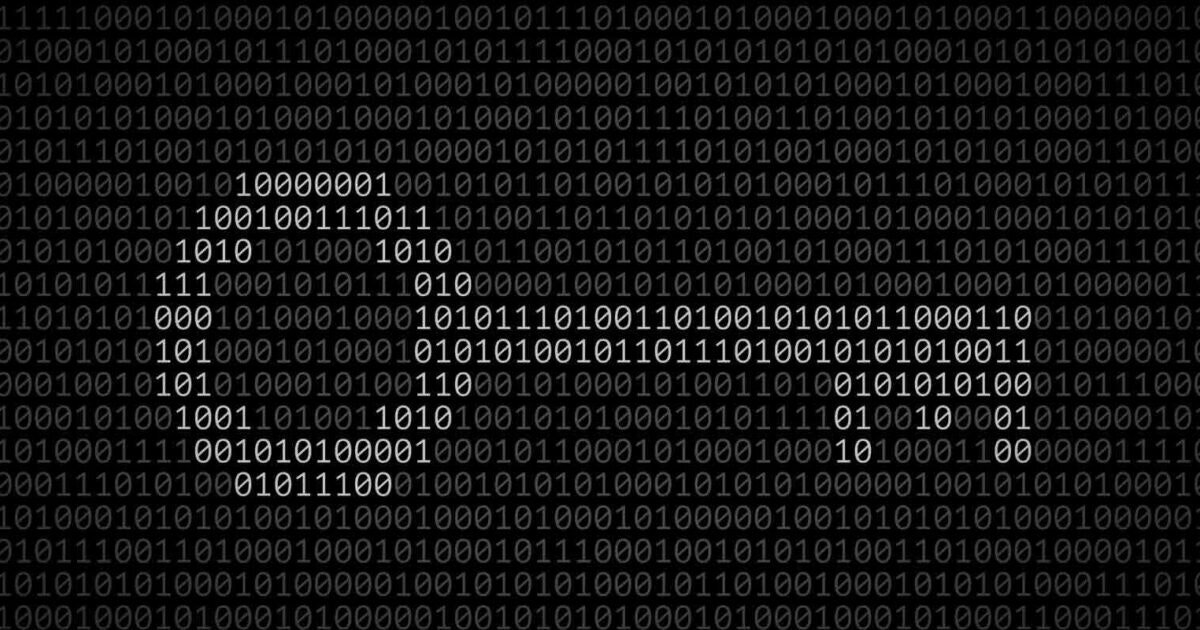
Everything posted by Sandeep B.
-
CWP Apache Enable HTTP/2 with mod_http2 module - Control Web Panel
not yet i think the issue is with openssl you can downgrade the version and check
-
Recommended web server setup
nginx + apache will give you more performance and cache are managed automatically you don't need to clear it
-
AutoSSL stopped working
renewal cron is listed below : /root/.acme.sh/acme.sh --cron --home /root/.acme.sh/cwp_certs > /dev/null
-
Update CWP RoundCube Mail Version 1.5.8 – Control Web Panel
thanks @Dutch_Mike typo fixed
-
Install and Build PHP 8.3 in CWP - Control WEB Panel from Source
which OS version you're using el7 or el8 ?
-
Tomcat server set up - User Panel access issue
seems something wrong can you send the screenshot of the feature manager ?
-
Reseller package update in CWP pro from clientexec not working - API set up
you can check here https://docs.control-webpanel.com/docs/developer-tools/api-manager/functions/function-api-account/add $data = array(“key” => “MYKEY”,”action”=>’add’, ”domain”=>’MY_DOMAIN’, ”user”=>’USER’, ”pass”=>’PASSWORD’, ”email”=>’email@account’, ”package”=>’PACKAGE_NAME’, ”inode”=>’0’,”limit_nproc”=>’40’,”limit_nofile”=>’0’,”server_ips”=>’MY_IP_SERVER’); $url = “https://IPSERVERAPI:2304/v1/account”; $ch = curl_init(); curl_setopt($ch, CURLOPT_URL, $url); curl_setopt($ch, CURLOPT_RETURNTRANSFER, true); curl_setopt($ch, CURLOPT_CUSTOMREQUEST, “POST”); curl_setopt($ch, CURLOPT_SSL_VERIFYPEER, false); curl_setopt ($ch, CURLOPT_POSTFIELDS, http_build_query($data)); curl_setopt ($ch, CURLOPT_POST, 1); $response = curl_exec($ch); curl_close($ch);
-
Best Hosting providers for CWP - Control Web Panel
i had a very bad experience with DO they are overloaded and sometime server network sucks
-
Tomcat server set up - User Panel access issue
in settings did you enable the option available for user?
-
Backup Remote Sync ith Hetzner Storage box
then you need to use scp to transfer files scp -P 23 /path/of/the/source/backupfile.zip username@backup_server_hostname:/path/of/the/backup/directory/
-
Backup Remote Sync ith Hetzner Storage box
to use rsync both source and destination servers should have the rsync package installed.
-
secure and top performance config for /etc/nginx/nginx.conf
hi replace these lines : worker_rlimit_nofile 65535; worker_connections 5000; final config : user nobody; worker_processes auto; worker_rlimit_nofile 65535; error_log /var/log/nginx/error.log crit; pid /var/run/nginx.pid; events { worker_connections 5000; use epoll; multi_accept on; } http { sendfile on; tcp_nopush on; tcp_nodelay on; client_header_timeout 3m; client_body_timeout 3m; client_max_body_size 256m; client_header_buffer_size 4k; client_body_buffer_size 256k; large_client_header_buffers 4 32k; send_timeout 3m; keepalive_timeout 60 60; reset_timedout_connection on; server_names_hash_max_size 1024; server_names_hash_bucket_size 1024; ignore_invalid_headers on; connection_pool_size 256; request_pool_size 4k; output_buffers 4 32k; postpone_output 1460; include mime.types; default_type application/octet-stream; # Compression gzip gzip on; gzip_vary on; gzip_disable "MSIE [1-6]\."; gzip_proxied any; gzip_min_length 512; gzip_comp_level 6; gzip_buffers 8 64k; gzip_types text/plain text/xml text/css text/js application/x-javascript application/xml image/png image/x-icon image/gif image/jpeg image/svg+xml application/xml+rss text/javascript application/atom+xml application/javascript application/json application/x-font-ttf font/opentype; # Proxy settings proxy_redirect off; proxy_set_header Host $host; proxy_set_header X-Real-IP $remote_addr; proxy_set_header X-Forwarded-For $proxy_add_x_forwarded_for; proxy_pass_header Set-Cookie; proxy_connect_timeout 300; proxy_send_timeout 300; proxy_read_timeout 300; proxy_buffers 32 4k; proxy_cache_path /var/cache/nginx levels=2 keys_zone=cache:10m inactive=60m max_size=512m; proxy_cache_key "$host$request_uri $cookie_user"; proxy_temp_path /var/cache/nginx/temp; proxy_ignore_headers Expires Cache-Control; proxy_cache_use_stale error timeout invalid_header http_502; proxy_cache_valid any 1d; open_file_cache_valid 120s; open_file_cache_min_uses 2; open_file_cache_errors off; open_file_cache max=5000 inactive=30s; open_log_file_cache max=1024 inactive=30s min_uses=2; # SSL Settings ssl_session_cache shared:SSL:10m; ssl_protocols TLSv1.2; ssl_prefer_server_ciphers on; ssl_ciphers "EECDH+ECDSA+AESGCM:EECDH+aRSA+AESGCM:EECDH+ECDSA+SHA384:EECDH+ECDSA+SHA256:EECDH+aRSA+SHA384:EECDH+aRSA+SHA256:EECDH+aRSA!RC4:EECDH:!RC4:!aNULL:!eNULL:!LOW:!3DES:!MD5:!EXP:!PSK:!SRP:!DSS"; # Logs log_format main '$remote_addr - $remote_user [$time_local] $request ' '"$status" $body_bytes_sent "$http_referer" ' '"$http_user_agent" "$http_x_forwarded_for"'; log_format bytes '$body_bytes_sent'; #access_log /var/log/nginx/access.log main; access_log off; # Cache bypass map $http_cookie $no_cache { default 0; ~SESS 1; ~wordpress_logged_in 1; } # Include additional configuration include /etc/nginx/cloudflare.inc; include /etc/nginx/conf.d/*.conf; }
-
secure and top performance config for /etc/nginx/nginx.conf
Hi what you're looking specifically?
-
CWP Apache Enable HTTP/2 with mod_http2 module - Control Web Panel
will check what is the issue exactly
-
PHP Defender using Snuffleupagus
hi will be soon added to cwp seems they added the support for php 8.2
-
Email delivery
any error you're getting here ?
-
Upgrade openssl
on enterprise linux don't upgrade openssl as this will break the system dependecies
-
Wrong IP is sending the email. It is not using the default IP
you need to configure the postfix like the below : in /etc/postfix/master.cf smtp unix - - n - - smtp -o smtp_bind_address=100.100.100.100 # When relaying mail as backup MX, disable fallback_relay to avoid MX loops relay unix - - n - - smtp -o smtp_bind_address=100.100.100.100 -o fallback_relay= # -o smtp_helo_timeout=5 -o smtp_connect_timeout=5
-
CWP postfix split with gsuite
to investigate more about this error you need to check all the alias forwarders and check if the same email is not set for the alias.
-
CWP postfix split with gsuite
hi, the cwp postfix is a modified version and there is no issue with it. also, scan your websites for malware as the spamming issue usually comes with it.
-
CWP postfix split with gsuite
The error indicates that it was blocked for spaming issue.
-
CWP postfix split with gsuite
please check the /var/log/maillog and check what you see there
-
Wrong IP is sending the email. It is not using the default IP
did you try it?
-
CWP postfix split with gsuite
Hi in mail routing you need to change to remote for the domain. you can do it from cwp admin search for routing
-
Vertical scaling CWP server storage
is this a XFS file system ? can you post the output for the command : pvs example output : PV VG Fmt Attr PSize PFree /dev/vda2 rhel lvm2 a-- <39.00g 10.00g




